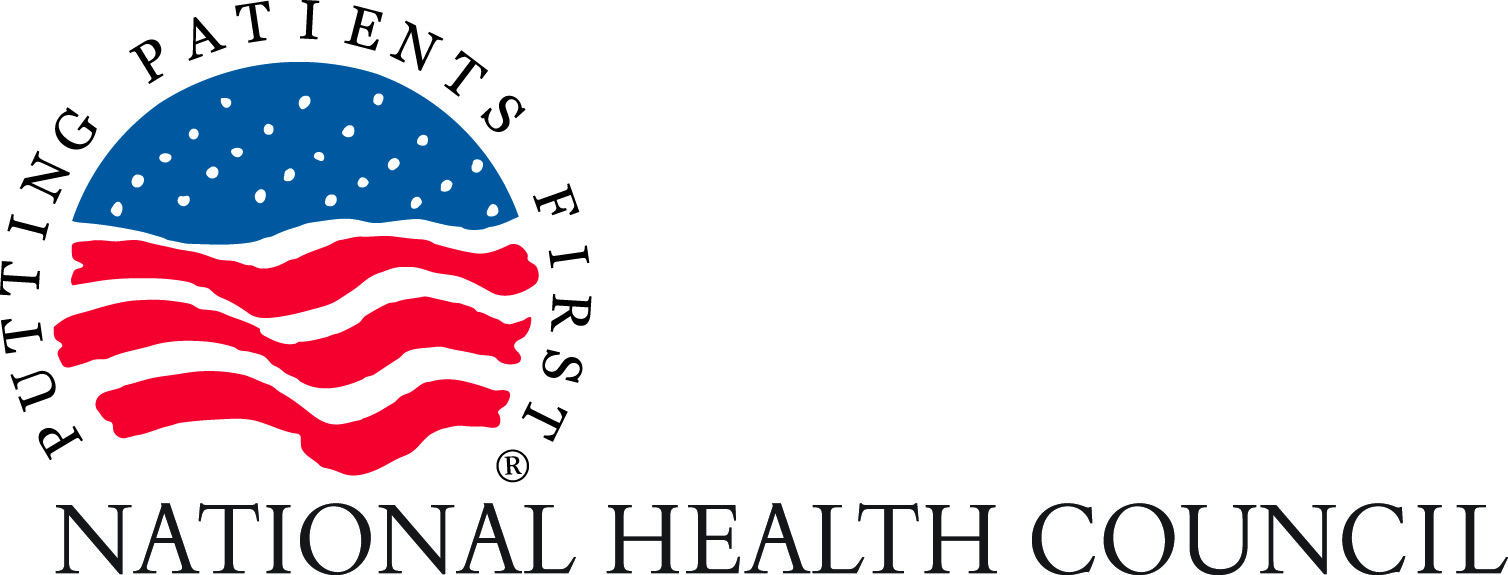FDA Commissioner & Leading Experts Promote Vision for Patient-Centered Digital Health Care at NHC Symposium
Comprehensive care in the digital/AI era requires commitment to equal access and thorough, compassionate and consistent patient engagement
(Washington, D.C.) The science of patient engagement must not take a back seat to rapid technological advancements in health care according to more than 160 nationally recognized policymakers, researchers, patients and patient advocates, and health care providers participating in the National Health Council’s (NHC) 2023 Science of Patient Engagement Symposium: Patient Empowerment in the Digital Era, held today at the National Press Club.
“Equal access to quality, affordable health care is a priority for every single American,” said Randall Rutta, Chief Executive Officer of the National Health Council. “Today’s Symposium reaffirmed the need for truly patient-centered care throughout our health care system, from clinical research to diagnosis, treatment and discharge, especially as we benefit from life-saving technological and digital innovations.”
Dr. Robert Califf, Commissioner of the U.S. Food & Drug Administration (FDA), headlined an impressive lineup of Symposium speakers. He provided attendees with a thorough briefing on FDA health care priorities and initiatives and reaffirmed the agency’s commitment to patient-centered care and digital health.
The Science of Patient Engagement seeks to develop standards and best practices that ensure every patient has legitimate input in their own medical care and that patient research results are applied equally to all individuals.
“At a time when health care innovation is advancing at such a rapid pace, it is imperative we guarantee patients a voice in their own health care,” said Leah Howard, President and CEO of the National Psoriasis Foundation and NHC Board Member and co-chair of the NHC Research & Programs Committee. “The NHC provides leadership in protecting patient rights and today’s event helped establish a blueprint for the future when it comes to how we interact with patients fairly, equitably, and ethically.”
At today’s Symposium, a blue-ribbon panel of experts discussed and examined the increased need to optimize the voice of patients in health care as they explored medical and ethical issues related to telehealth, the digital divide, medical device development, technology design and the application of artificial intelligence in health care.
Artificial Intelligence (AI) and machine learning is a rising field of study in the health care ecosystem. In direct point of care, it is increasingly being used to analyze data that enables providers to spend more time with patients. However, the health care community must closely examine new technologies and put policies and procedures in place to ensure shared decision making between providers and patients.
Key Symposium topics included:
- Bridging the Digital Divide: Disparities and Diagnosis Through Telehealth
- Enhancing Patient Engagement in Medical Device Development
- Digital Innovation: The role of Google and YouTube in Connecting and Engaging Mental Health Patients on Online Platforms
- Intersectional Perspectives in Medical Technology
- AI: An Intervention Point for Patient Shared-Decision Making
- Patient Experience Healthcare Metrics
“Digital and artificial enhancements open a world of life-saving opportunities in health care, but it is important that we listen to patients and compassionately deploy new technologies equally, and advance patient science in a way that guarantees patient rights to dignity and privacy while they are under the care of health care professionals. That is what this Symposium is all about, and we made great progress on all fronts today,” concluded Rutta.
###
About NHC
Created by and for patient organizations 100 years ago, the National Health Council (NHC) brings diverse organizations together to forge consensus and drive patient- centered health policy. We promote increased access to affordable, high-value, sustainable health care. Made up of more than 155 national health- related organizations and businesses, the NHC’s core membership includes the nation’s leading patient organizations. Other members include health-related associations and nonprofit organizations including the provider, research, and family caregiver communities; and businesses representing biopharmaceutical, device, diagnostic, generic drug, and payer organizations. Learn more at: https://www.nationalhealthcouncil.org
